Do Cats Know When You Are Sick? (Pyshically or Mentally Sick)
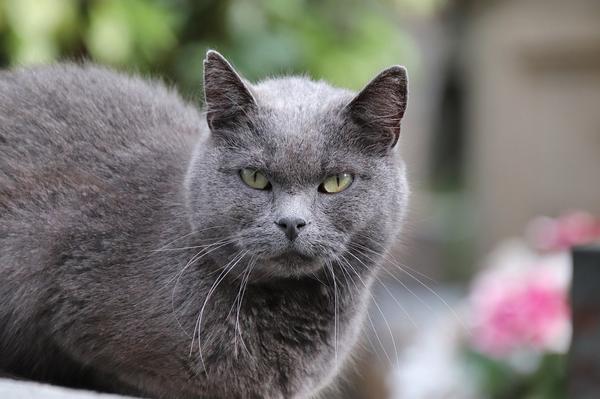
Let me know if you agree:
We all want our pets to be more than just fluffy companions.
We want them to be our healers, our protectors, and maybe even our psychic sidekicks.
We've all had that moment when we've been lying in bed, feeling like absolute garbage, and our cat gives us that knowing look.😺
The one that screams, "I can see your pain, human!"
But is it all in our minds?
Can our feline friends really sense when we're sick?
Well, let's dive into the mysterious world of cat intuition and find out, shall we?
Cats Detect Illness: Noticing Behavioral Cues in Humans
Cats can sense when you're not feeling well
Cats are incredibly perceptive animals.
They have this amazing ability to pick up on subtle changes in their surroundings, including when their owners are sick.
If your cat starts grooming you more than usual or focusing on specific parts of your body with their licking, it could be a sign that they sense something is wrong.
It's like they're trying to take care of you in their own special way.
You see, cats have an extremely strong sense of smell. They have millions of scent receptors compared to our measly amount, allowing them to detect even the slightest differences in our odor, which could indicate illness.
Cats understand how you're feeling just by watching you
But cats don't solely rely on their sense of smell to figure things out.
They're also pretty insightful when it comes to interpreting body language and behavior.
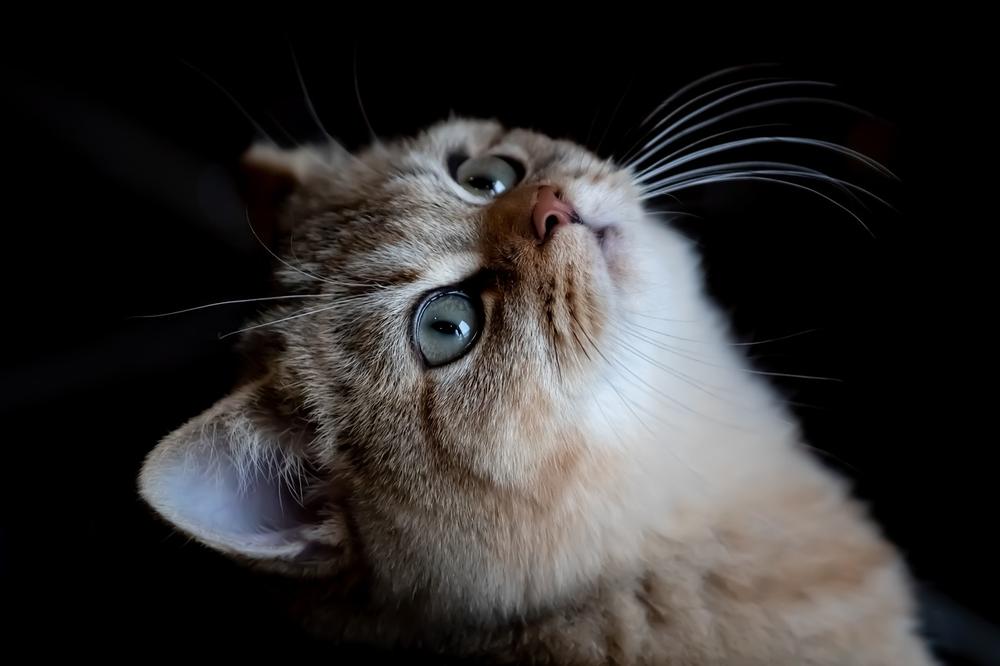
So, if you find yourself making painful facial expressions due to sickness or discomfort, your furry friend might associate those expressions with something being wrong.
They can read our body language and know when we're not at our best.
Cats are great observers.
They pay attention to changes in our body temperature, posture, movements, and even communication. These are all signals they use to gauge our overall well-being.
Cats become extra loving and protective when you're unwell
When their favorite human isn't feeling well, cats show incredible care and affection.
They may stick closer to you and keep a watchful eye over you.
However, before you jump to conclusions, you should note that cats' changed behavior and routines may stem from curiosity or confusion, rather than a deliberate attempt to nurse you back to health. Nonetheless, their presence and support can provide comfort during difficult times.
Main points I'll expand upon further down this article:
- Cats can sense when someone is sick or dying through hormonal changes and different odors.
- They show immense empathy and concern for their owners' wellbeing during difficult times.
- Cats can detect certain diseases, including cancer and epileptic convulsions through their highly developed sense of smell.
- They can alert their owners to the presence of cancer through unusual behaviors.
- Cats can detect signs of an impending heart attack by sensing heart rates, breathing patterns, and facial expressions.
- They can also sense signs of high blood pressure through irregular behavior and increased heart rate.
- Cats can recognize physical symptoms of illness and adjust their behavior to offer comfort.
- They rely heavily on their acute sense of smell to identify changes in hormonal levels and associate certain smells with sickness.
- Cats can detect specific health conditions in their owners, such as diabetes, through symptoms like rapid heart rate and weight changes.
- They can also sense and respond to their owners' emotional well-being and detect signs of depression or mental disorders.
And now, let me share with you another fascinating aspect of cats' remarkable abilities...
Their heightened sensitivity to the welfare of their owners in even the most distressing situations:
Do Cats Know When You Are Dying?
Here are 10 signs that cats may know when you are dying:
- Increased vigilance and staying by your side for prolonged periods.
- Heightened awareness of hormonal changes and odors in your body.
- Recognizing that something is wrong with you.
- Displaying empathy and concern for your well-being.
- Strengthening the bond between humans and cats during difficult times.
- Deepening the connection through shared diseases.
- Choosing to spend precious time with those nearing the end of their lives.
- Providing comfort and companionship in your final moments.
- Offering a sense of peace and tranquility in your presence.
- Sensing the fragility of life and acting as a silent guardian.
It's truly fascinating how cats can show such understanding and support during these challenging times. 😺
So, if you ever find yourself facing the end, rest assured that your feline companion will be there, offering love and solace until the very end.
Wanna know MORE? Further down the blog post, I will delve into whether cats can sense heart attacks. So keep reading to discover if your feline friend has yet another incredible ability to protect and care for you.
But what if it's not just about sensing when someone is dying?
What if cats can actually detect cancer in humans too?
Can My Cat Tell if I Have Cancer?
Cats have a remarkable ability to detect cancer in their owners. They can focus on specific areas of the body affected by cancer, detecting changes in scent associated with the disease. Cats may exhibit unusual behavior or fixate on certain spots, potentially alerting their owners to signs of cancer.
Cats are incredible creatures, don't you think?
They not only bring us joy and companionship, but they also have the amazing ability to detect cancer in their owners.
Just imagine, your fluffy feline friend with its strong sense of smell can actually determine if you have cancer.
It's truly astonishing!
Cat's possess a remarkable talent for focusing on specific areas of their owner's body that are affected by cancer.
It's not just changes in behavior like acting differently or becoming more distant.
Cats might go further by sniffing, pawing, or gently pressing against these affected regions where something is wrong.
They seem to have an instinctual understanding that things aren't quite right.
And here's the really mind-blowing part - there have been stories suggesting that cats can even alert their owners to the presence of cancer through unusual behaviors.
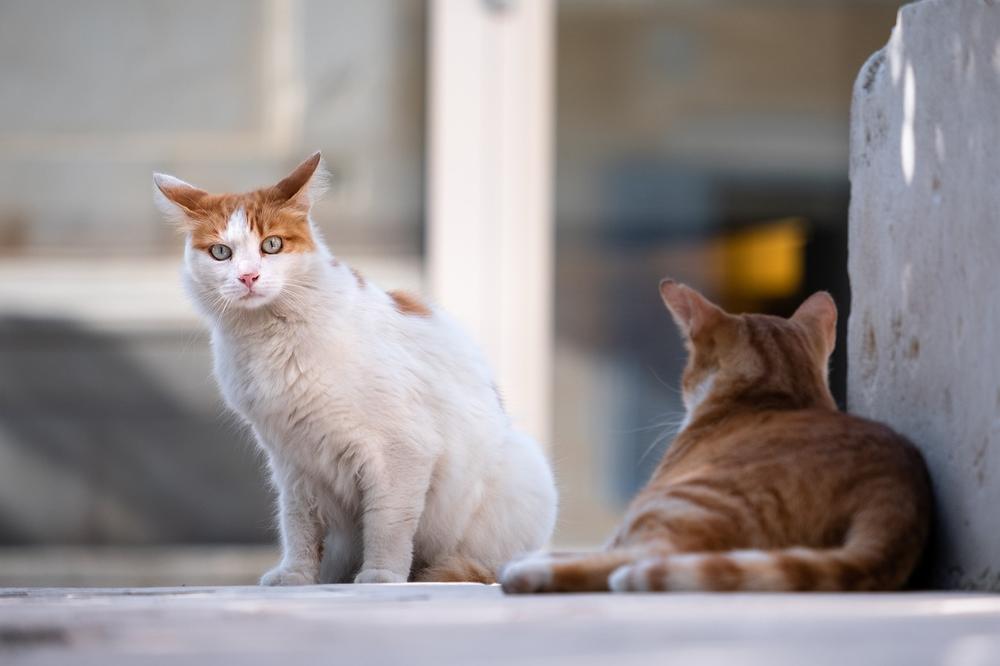
Their sense of smell is incredibly refined, allowing them to pick up on scents associated with cancer. It's truly unbelievable!
When cancer develops, certain compounds called polyamines increase in production.
Being scent-savvy creatures, cats can detect these heightened levels.
This is particularly true for brain tumors, where cats may sniff out the affected areas due to the increased production of polyamines.
Here's another incredible fact:
Cats appear to be better than dogs at detecting certain types of cancer.
So, if you're dealing with this devastating disease, your cat may possess the extraordinary gift of sensing it.
Now, I'm not saying that cats should replace doctors or anything like that. But it's fascinating to know that your furry companion could offer some insight into your health.
Pay attention to any unusual behavior from your cat, especially if they sniff around a particular spot on your body or seem fixated on one area.
They could be trying to alert you to potential signs of cancer.
These furry detectives are truly remarkable in what they can do.
Cats' Ability to Detect Heart Attacks
| Can Cats Sense Heart Attacks? | |
|---|---|
| Signs | Changes in blood pressure, heart rate, breathing patterns, body temperature, and facial expressions |
| Usage | Potential indicators that cats may sense a heart attack |
| Benefits | Cats could predict the occurrence of a heart attack |
| Reliability | Cats' ability to sense heart attacks is still being studied |
| Assistance | Cats may provide emotional support during a heart attack |
| Limitations | Cats are not a substitute for medical assistance during a heart attack |
Cats have a remarkable knack for sensing heart attacks.
Think about it, it's truly extraordinary.
When a cat senses a sudden drop in blood pressure, they curl up against their owner's chest or abdomen.
This not only provides comfort but unknowingly helps stabilize blood flow too.
It's as if you have a furry nurse by your side!
But hold on, there's more.
Cats can actually detect human heart rates and breathing patterns.
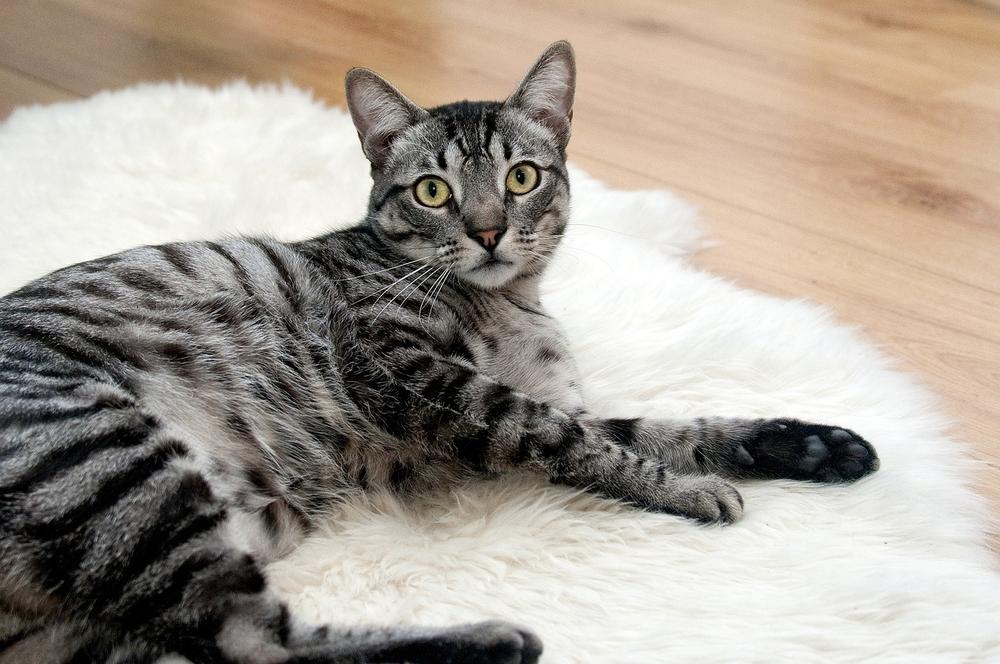
That means they can sniff out signs of an upcoming heart attack.
They're like small heart attack detectors!
If you suddenly struggle to breathe or notice abnormal body temperature, your feline friend may be trying to alert you.
And get this - they can even recognize pain shown on your face.
It's like they possess a sixth sense for heart attacks!
So, when fluffy snuggles up to you, pay attention.
They could be attempting to save your life.
Pretty incredible, right?
Can Cats Sense High Blood Pressure?
High blood pressure can make you irritable and restless, which affects your cat's behavior towards you.
Cats are amazingly perceptive creatures who can sense signs of hypertension in humans.
They notice deviations in your behavior and a faster heartbeat.
Furthermore, they pick up on other hints like inconsistency in your actions, difficulty breathing, and irritability.
These intuitive feline companions truly astound us with their acute awareness of our well-being.
So, keep an eye out for any changes in how your cat interacts with you, as they may be trying to tell you something important about your health.
Cats Recognize Physical Symptoms
When it comes to cats, they have remarkable abilities.
They can recognize physical symptoms of illness in their owners.
Isn't that amazing?
Let me tell you how they do it.
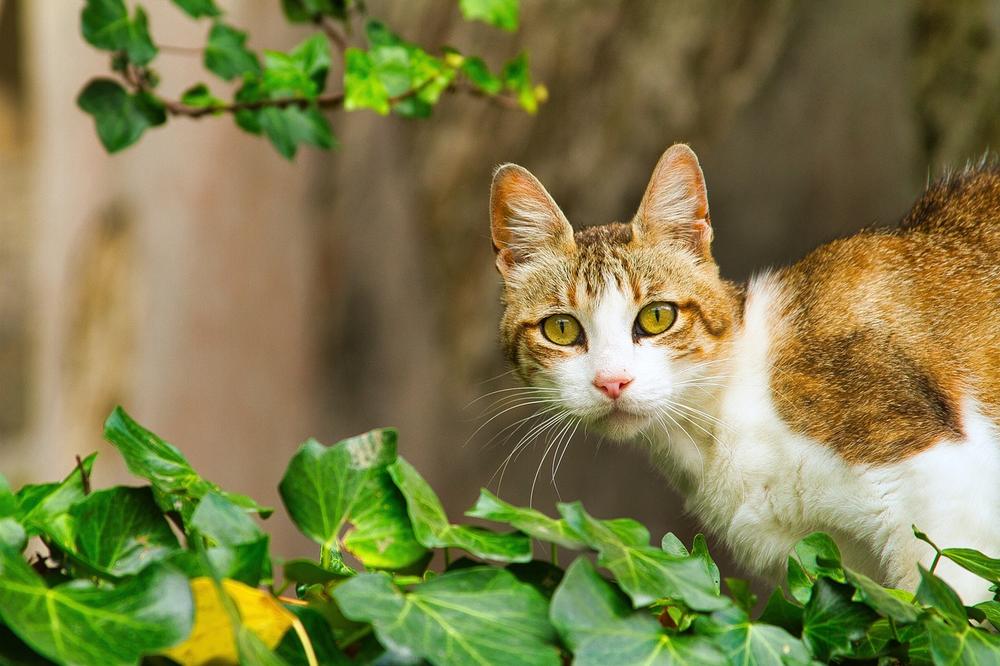
Heightened levels of protectiveness: When a cat senses injury or pain, they become extra protective and stay close to their injured owner, offering comfort throughout the healing process.
But wait, there's more!
- Attuned to routine: Cats are creatures of habit. They notice any deviations from their owner's usual routine and adjust their behavior accordingly. It's like having a furry little detective by your side.
- Acute sense of smell: Cats rely heavily on their sense of smell. They can detect changes in human hormonal levels, associating certain smells with sickness. They're like furry doctors sniffing out trouble.
And that's not all.
- Detecting health conditions: Cats can even detect specific health conditions in their owners. They react to symptoms such as rapid heart rate, weight changes, and the sweet smell associated with diabetes. Talk about having a built-in health monitor.
- Providing support and empathy: Cats show understanding and empathy towards their owners' pain and injuries. They observe behaviors, detect smells, interpret facial expressions, and recognize signs of physical discomfort. They truly are our feline friends in every sense of the word.
So there you have it, cats have an incredible ability to recognize and respond to physical symptoms.
Who knew our furry companions were so perceptive?
And if you're still wondering about the fascinating behaviors of cats when it comes to recognizing physical symptoms, there's one article in particular that I highly recommend you check out.
It's called Do Cats Purr When They Are Sick or in Pain, a comprehensive guide that explores this topic in depth.
Trust me, I've written it with the same curiosity and concern that you have! So, if you're eager to learn more about whether cats purr when they're not feeling well, this is the perfect resource for you.
Do Cats Sense Depression and Stress?
Cats are amazing creatures, aren't they?
They're not just cute and cuddly, but they also have the remarkable ability to sense depression and stress.
Here's how they do it:
- Cats can pick up on subtle changes in behavior that may indicate depression or anxiety. So if you find yourself feeling down and your usually affectionate feline friend is suddenly giving you some extra love, don't be surprised. They're just trying to comfort you!
- These furry therapists are experts at mirroring their owner's mood. If you're feeling stressed or anxious, your cat might start acting a bit on edge too. It's like they're saying, "Hey, I'm feeling what you're feeling."
- Cats are skilled at recognizing signs of mental disorders like dementia or depression. If you notice your cat being unusually standoffish, irritable, or having low energy levels, it could be a sign that something is amiss with your own mental health.
- Their observation skills are jaw-dropping. Cats pay attention to changes in routines, sleeping habits, and social interactions. So if Fluffy starts showing concern when you're isolating yourself or seems affected by your lack of enthusiasm, it's because they care.
- Believe it or not, cats are even known to weaken their immune system due to emotional stress caused by their owners' well-being. Learning this, it should come as no surprise why cats make such great therapy animals.
So, next time you're feeling blue, reach out for some kitty therapy. They'll provide companionship, affection, and maybe even help you get through those tough times.
And that wraps up today's article.
If you wish to read more of my useful articles, I recommend you check out some of these: Why Does My Cat Have One Black Whisker, Why Does My Kitten Fart So Much, Why Is My Cat Losing Whiskers on One Side, and Black Cat Turning Brown
Talk soon,
-Sarah Davis